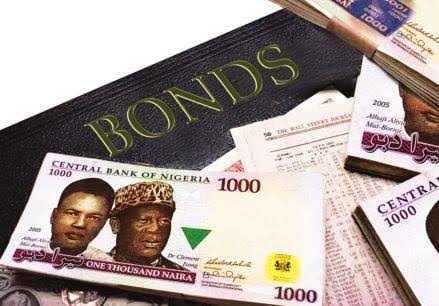Bond investors in the fixed income market are selling assets as part of efforts to optimise their portfolio returns. Negative yields have continued despite the depreciating local currency. At 31.70% in February, inflation increased from January’s reading by 180 basis points, -mainly driven by a rise in the food index, spurred by naira weakness.
After the Debt Management Office’s (DMO) recent primary market auction (PMA) on Monday, the average yield on Nigerian government bonds has been on the upside due to rapid selloffs in the secondary market.
After selling rallies, the average yield increased 23 basis points (bps) to close at 19.21% as government bond selloffs hit the secondary market, continuing a pattern that started the week before.
The yield curves for short- and long-term debt instruments had inverted, but the decision by the central bank to lower interest rates during the treasury bills auction might be influencing future rate movements.
In its market update, Cordros Capital Limited told investors that across the benchmark curve, the average yield increased at the short (+80 bps) and long (+7bps) ends. Traders noted that market players sold off the MAR-2027 (+171 bps) and APR-2049 (+56 bps) bonds, respectively. Conversely, the average yield closed flat at the mid segment.
The debt office, which manages Nigeria’s total borrowings, raised interest rates on bonds allocated to investors in the main market on Monday. Nigeria is expected to go to the Eurobond market to sell foreign currency bonds worth $1 billion.
The Debt Management Office disclaimed that it had not received authorisation to issue bonds denominated in US dollars to foreign investors, despite rumors that one of its advisers on the matter was Chapel Hill Denham, an investment firm owned by Finance Minister Wale Edun.

